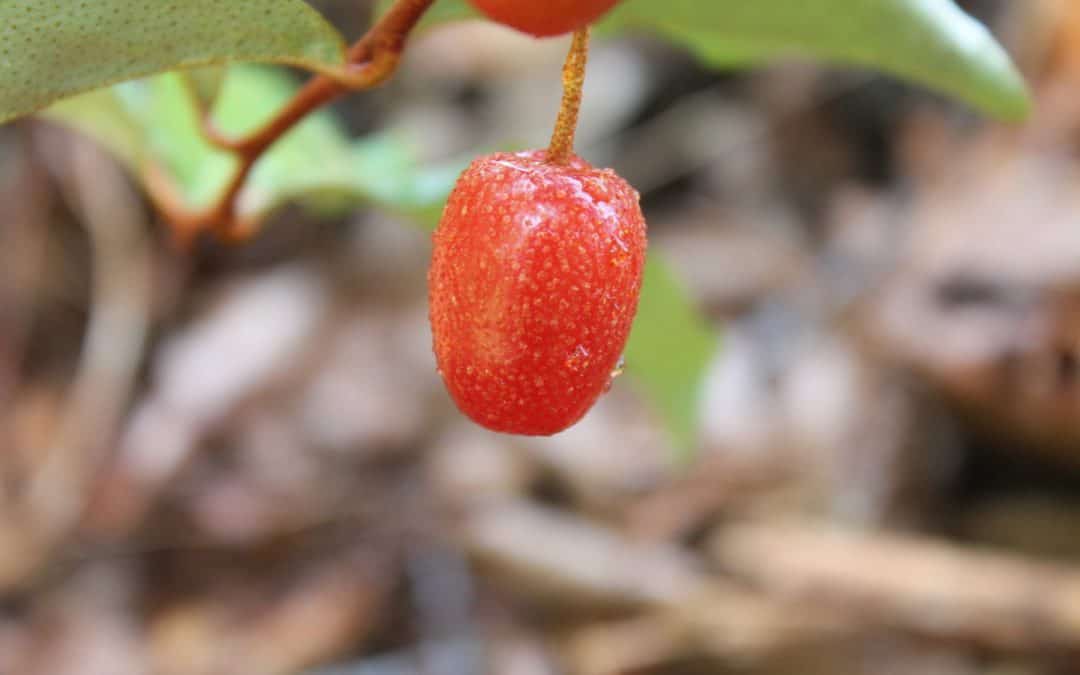Neptune’s Harvest: The Best Transition to RegenAG?
For some of you this title must seem counterintuitive. Or maybe it’s outright offensive to your Permaculture sensibilities? Before you break out the pitchforks and torches, please allow me to explain! I fully understand the goals, principles, and technical workings of regenerative agriculture. The goal is to create a system that gets progressively better without outside inputs. I get it. Furthermore, I understand that our product is better than petrochemical fertilizers, yet not an ideal solution to any future food crisis we might face. The goals of regenerative agriculture are simple. Reduce dependency upon off-farm inputs by working with nature to produce ecological agricultural systems that care for people and planet.
Animal Inputs are great, but how do you grow in year one?
There is no ideal regenerative agriculture fertilizer, because in an ideal system we use animals to provide our soil nutrients. The question is, how do we get to that point? How do we build soil rapidly so that our system becomes more than just sustainable? One obvious option is to start with the animals first. While this may work for many of you, there are others who have property that’s not suited to grazing. Some of our readers have bought conventional farms and needed to turn a profit the first year, in spite of degraded soil conditions. If you plan to do any type of vegetable production, you almost certainly will rely on fertilizer starting out. Chicken manure is too hot to use immediately, rabbit pellets are insufficient to fertilize a large system, and many of us do not have a proper setup for cattle.

Protect the Farm – Practice Regenerative Agriculture!
Obviously, chemical fertilizers are out of the question for those of us practicing regenerative agriculture. So, we must search for a product that is both natural, and backed by science. Having good data on application rates and expected results is absolutely critical in the first year. After all, what good are our lofty goals if we lose the farm due to crop failure? Above all, permaculture enthusiasts must be practical if we hope to bring about change. We have to fertilize when it’s necessary, but we can use a natural product.
Permaculture Fertilizer Backed by Science
So, what does the science say about organic fertilizer? First of all, you need to understand that you can apply this product through a foliar spray. That’s good for the Permaculture enthusiast who plans to chop and drop or allow the roots to decay in the ground. The nutrients from the spray gets absorbed through the leaves, encouraging growth both above and below ground. At the end of the season all that carbon gets locked into the soil as the soil organisms go to work breaking down root structures to feed your plants next season. This is how we begin the cycle of soil improvement in year one with organic products.
Use Organic Fertilizer, then Close the Loop with Animals
Hopefully by now you have realized that we’re not such a bad bunch of folks here at Fertilizer For Less. No doubt you have returned the pitchfork to the barn, and you’re planning to use all those torches to accent your next farm to table event. You’re probably planning how you will incorporate sensible fertilizer application into your new permaculture farm for the first few years. Your goal is to stop using our products once you get enough carbon in the soil each year to feed your plants. We wish you nothing but success with that goal! Fertilizer for Less wants to sell you less and less fertilizer each year! We want to regenerate the earth with you. Fertilizer For Less is proud to partner with the regenerative agriculture movement.


